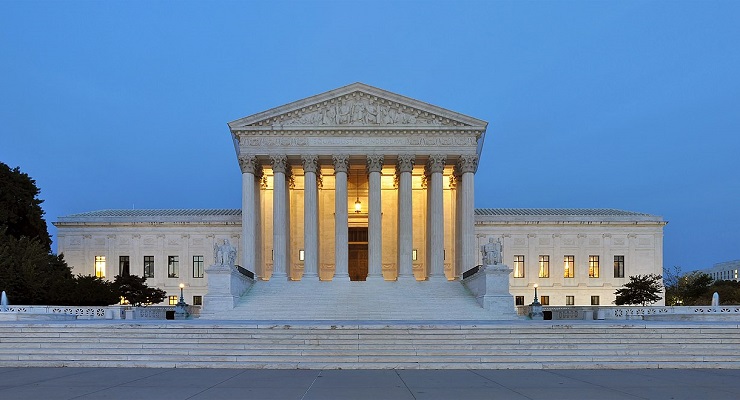
By Ethan Herenstein and Thomas Wolf in Brennan Center for Justice. Here is an excerpt:
The Supreme Court’s December 7 oral argument in Moore v. Harper offered some encouraging signs the justices won’t give their full-throated endorsement to the so-called “independent state legislature theory.” That would represent a significant victory for democracy given the theory’s election-detonating consequences — but we’re not clear of Moore’s dangers just yet.
The justices used the argument to explore ways the Court could grant itself new power to review state court rulings. Depending on how the Court defines this power, Moore could transform the relationship between state and federal courts in election cases, posing a whole new set of risks.
The North Carolina legislators who brought the lawsuit asked the justices to restore their extreme gerrymander of their state’s congressional map by adopting the independent state legislature theory, which argues that the U.S. Constitution gives state legislatures near-absolute power to regulate federal elections. Reassuringly, each of the three justices whose votes might decide the case —John Roberts, Brett Kavanaugh, and Amy Coney Barrett — expressed healthy skepticism of the theory during argument. Of course, arguments aren’t predictive of ultimate results, but the justices’ questions warrant cautious optimism that the theory is too extreme even for this Court’s radically conservative supermajority.
Read the full story here.
Leave a Reply